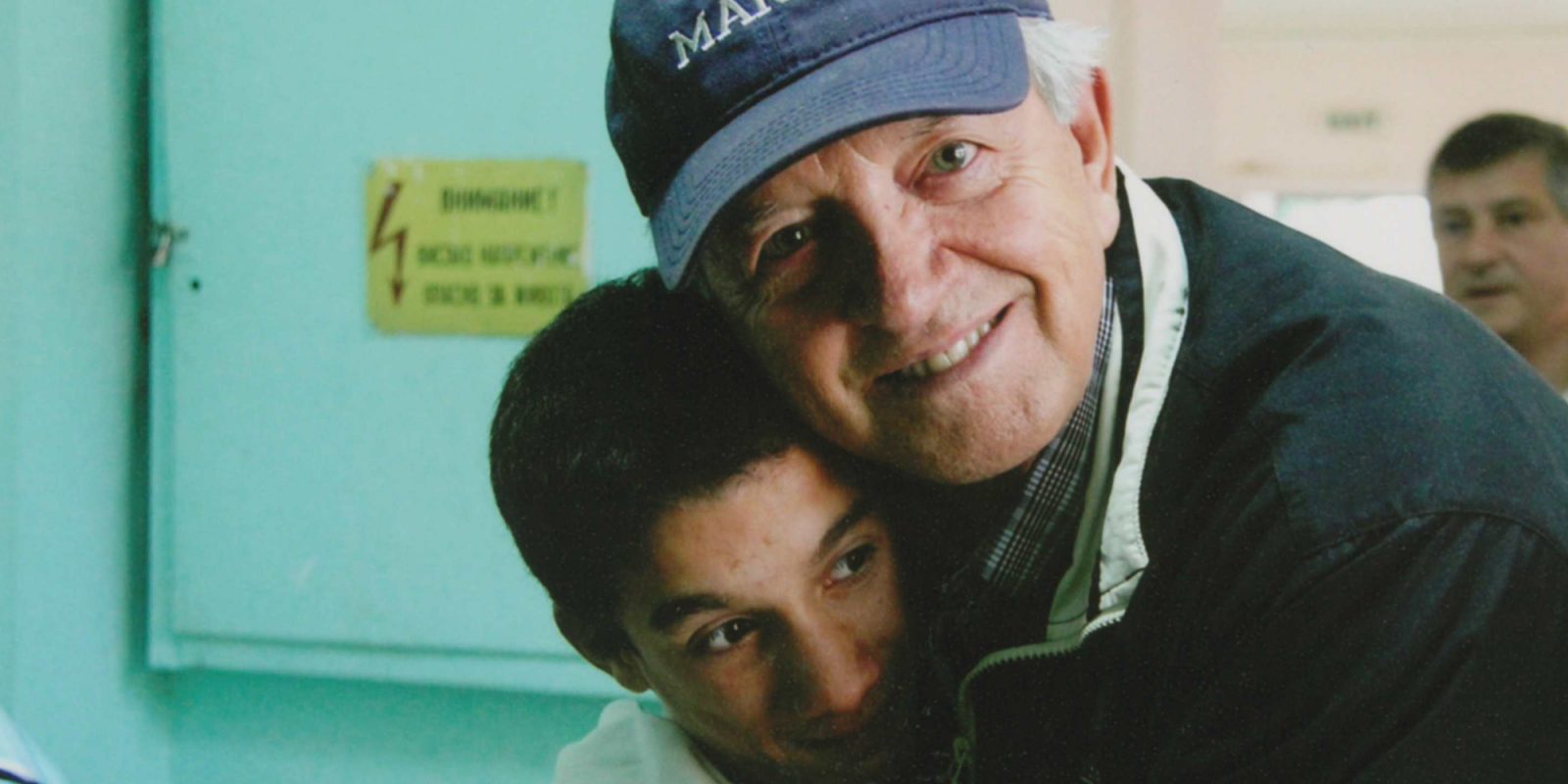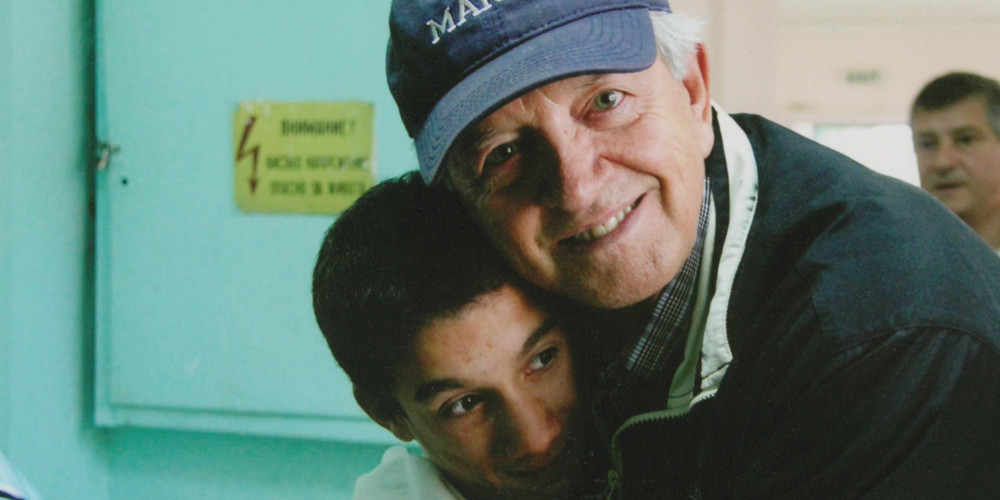It’s the painters, poets, and performers of the world who take their lives. Sylvia Plath. Robin Willams. But not Phil.
Phil was at the top of his class in seminary. He was the prototypical strong alpha male leader. He earned a PhD and wore a suit and tie and boots, for God’s sake. He wasn’t weak. He was a responsible respectable adult. He wasn’t the flaky, flighty creative type. The man couldn’t sing on key and didn’t even doodle!
“People like Phil just don’t do this,” a pastor friend of his recently told me.
Yes, they do. Soon, we’ll have the data to prove it. And that will save lives.
The Phil Lineberger Minister Wellness Fund is partnering with LifeWay Research to conduct the first ever study of its kind into the mental health of American clergy. Here’s some of what we hope to learn and what it will change:
What We Want To Learn
- How common is mental illness among ministers? One in four Americans suffer from some kind of mental illness in any given year, according to the National Alliance on Mental Illness. Is mental illness as prevalent among clergy?
- Where do ministers turn for help? We know from previous LifeWay research that most lay people look to their church for assistance when they suffer a mental illness. But where do ministers go when they need help? And does it help?
- What are the barriers to care? Research into the mental health of leaders has usually focused on CEOs of large companies. Research into the mental health of “emotional laborers” has been conducted among physicians and nurses. No one has adequately studied the mental health of ministers. Do ministers refuse to seek mental healthcare for the same reasons CEOs and physicians do: stigma and lack of time?
- What do they think about mental illness? What does your pastor think causes mental illness? Does he think it’s an illness at all? Is it a spiritual or a physical problem or both? How does he think it’s best treated?
- What do pastors think you think? One pastor reports his seminary professor advised him never to share his personal problems with his church or staff. How accepting does your pastor think you’d be if he ignored that advice? How does he think you’d respond? What about his boss? His denominational leaders?
What This Research Will Change
It will change denominations. The denominations I’ve spoken with currently provide no mental health resources to pastors or have underfunded or underdeveloped ineffective programs in place. The mental health of ministers is not the priority it should be. I hope data collected from 3,000 ministers can help change that.
It will change education. Professors at Christian universities and seminaries tell me their students graduate inadequately prepared for the unique threats vocational ministry presents to their mental health. They also fear students are ill-equipped to recognize mental illness in themselves and others. Because of Phil’s death, one seminary has already begun discussing how it could better train students to “think theologically and practically” about mental health – but those leading the charge will need our data to successfully argue for change.
It will improve the conversation about mental illness. In the Summer of 2016, Ed Stetzer of LifeWay Research and I will begin presenting our research findings at conferences and other gatherings, in interviews and articles, to anyone who will listen. Every chance we get, we’ll tell Phil’s story and point ministers in need of help to Matt’s mental health coach program, which will be up and running through a brand new website by then. (Read all about why we believe coaching is so important here.)
People like Phil don’t do this? By making mental illness out to be something only the weak, creative or spiritually immature succumb to, we stigmatize and isolate the wounded. And the Enemy easily devours. But research and Phil’s story together will prove the stereotype wrong and make us a more gracious community and more effective caregivers to people just like Phil.
Help us get this research started by visiting lineberger.org. Your donation is tax deductible. Administrative costs will not exceed 1%. Thank you for giving.
 Shaun Groves
Shaun Groves


Melissa Turner Jones says:
Will the survey only be sent to certain people? Or will it be something we can share with all of our pastor friends?
I’m sorry for the reasons you are on this path, but I, for one, can already see the “good” that is coming from this!
Shaun Groves says:
LifeWay folks could better explain the methodology of the research than I can today (though I’m learning!). My understanding is that they will administer the survey to ensure the highest quality of data.
Crissy says:
This is wonderful news. I would highly recommend you research the gene MTHFR. A lot of people who struggle with mental health issues have some form of this genetic mutation. Continuing to pray for you and your family! Lord bless
Shaun Groves says:
I’ve read a lot about that. Genetics is believed to account for, at most, 30% of mental illness. In other words, there’s still no magic bullet…even if I did own a gene splicer ; ). Holistic care is still the best route to take at this point.
Thanks for the prayers.
Btw, does anyone else think the name of that gene is hilariously appropriate?
Crissy says:
Absolutely no magic bullet. However, it has been very helpful in having a better understanding of certain factors of mental illness and how specific treatments can be more helpful. Unfortunately, we have been dealing with this for two years with our precious child. One if not the most complex difficult things to treat, deal with, explain and so on. I just wasn’t sure if you knew about this gene and just wanted to share the information just incase it might be helpful.
ron woods says:
I hit my own wall and “broke” in 2001. I had been a youth pastor/Associate pastor for twenty-three years. Three weeks in the mountains at “Marble Retreat” helped me get back on track and moving forward once again. But I can’t say I ever really got past it. (too many suicides, abused kids, ugly business meetings, etc. in my past that I just cannot figure out.) The real issues have never been resolved. But I was one of the blessed few who had a church that cared. They took my problem as their own, sent me to Marble, paid the freight, and welcomed me back. Two little pills a day and a Xanax please. Of course five years later, after my Sr. Pastor had fallen morally, that same church threw me under the bus for the sin of being his longest-serving Associate. I survived it, emotionally trashed, mentally fragile, and spiritually wounded. Now I choose my friends much more carefully, never fully turn my back on my church, and try to lead another church while still looking for the path out of “the forest.” These aren’t meant as complaints. Simply telling my story. I think sometimes mental illness is “the result of” and not “the cause for.”
Linda Griekspoor says:
Did this research project ever happen? If so, where can I find it?
Shaun Groves says:
It sure didn’t. We didn’t raise enough funds to support it. The funs that were raised were enough, however, to help provide mental health coaches to ministers.